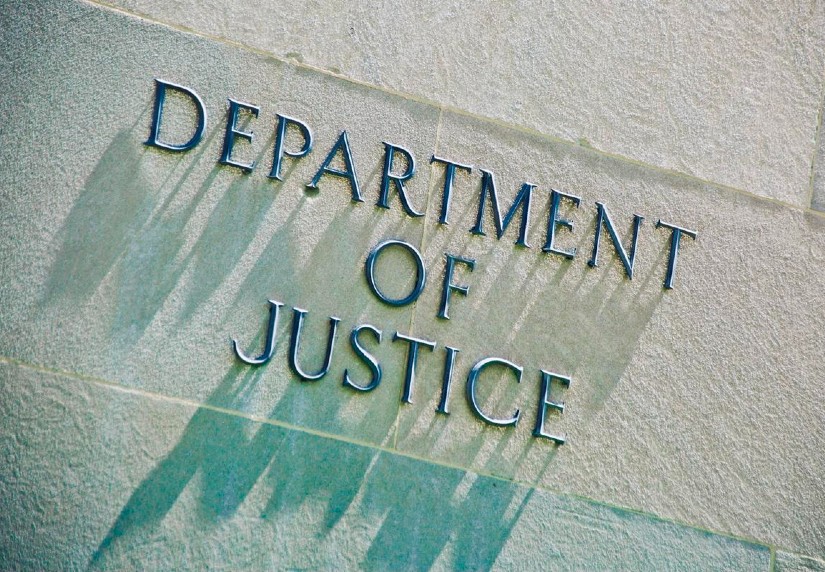A lot of allegations have come up against Silvergate Capital for its involvement with the now-bankrupt FTX Exchange. Most recently, the United States Prosecutors in the Department of Justice’s (DoJ) fraud unit have started looking into the California-based banks dealing with FTX and its sister firm, Alameda Research.
According to a Bloomberg report citing sources familiar with the matter, the investigation is set to examine Silvergate’s equity fund tied to the embattled founder’s (Sam Bankman Fried) businesses.
Although the investigators have not accused Silvergate of any wrongdoing, the probe is looking to uncover the depth of FTX and Alameda’s atrocities and ascertain whether the crypto bank was aware of the exchange’s situation.
Interestingly, the DoJ’s probe is not the first inquest into Silvergate since the collapse of SBF’s empire. Prior to this, a group of Senators called out the bank for its involvement with the bankrupt exchange.
While there is no malicious intent to the investigators’ probe, several analysts worry that this action could fuel FUD and consequently prompt further losses, especially to firms who share ties with the crypto ban. This has the potential to negatively impact the overall market. Notably, the bank manages accounts for several industry heavyweights including the likes of Coinbase, Paxos, Kraken, Bitstamp, and Crypto.com amongst others.

Silvergate Suffers Exposure to FTX
Just like many other firms in the industry, Silvergate Capital was hit by the contagion that followed the collapse of the trading platform which was once worth $32 billion. The bank reported a $1 billion loss at the end of the fourth quarter in 2022 after investors withdrew over $8 billion in deposits in the wake of FTX’s collapse. Additionally, Silvergate axed over 40% of its workforce in an attempt to cut costs
Recall that earlier this year, the crypto-friendly bank faced a class action lawsuit that was filed in the US District Court of Southern California. Specifically, the charges against Silvergate include its failure to disclose accurate information about the company’s ability, control, and procedure to detect cases of money laundering.
Despite Silvergate CEO’s comment to investors about the firm’s cooperation with law enforcement agencies and regulators to ensure that bad actors are brought to the book, the company still got a lawsuit for its role in FTX misdeeds.


